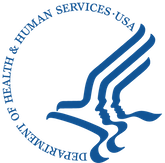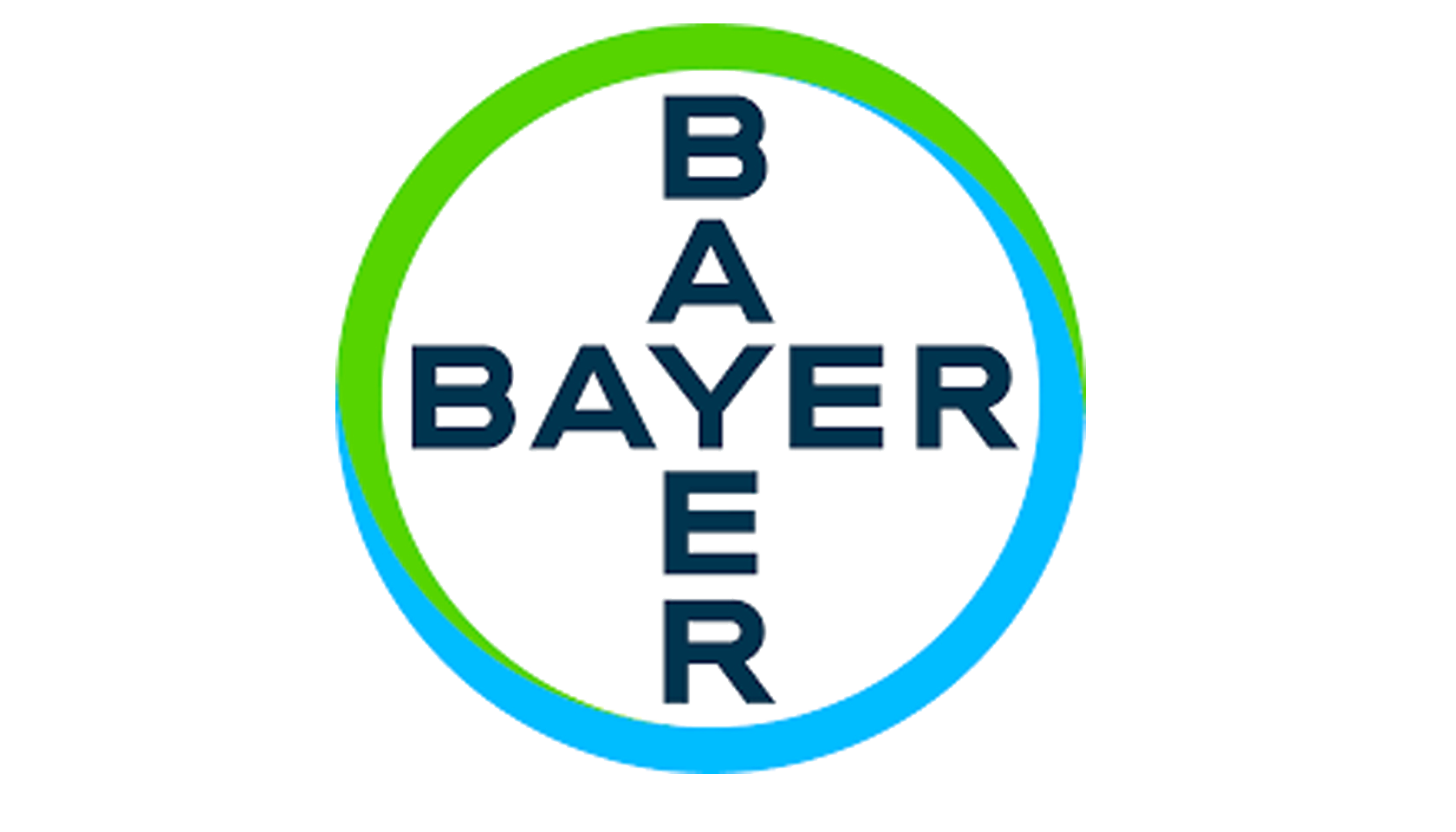You're in the 33%.
You have 2 of the most common risk factors for chronic kidney disease referred to here as kidney disease, which means you have an increased chance of developing it. In fact, type 2 diabetes (T2D) is a leading cause of kidney disease.
- Kidney disease often has no symptoms until it’s advanced, so get tested with simple blood and urine tests.
- Early treatment can slow the progression of kidney disease. It may also prevent other problems, like a heart attack, stroke, or kidney failure.
- Having kidney disease puts you at an increased risk of developing life-threatening complications of COVID-19.
What You Should Do Next
Print Your Results
Keep your results on hand.
Print your resultsMore About Kidney Disease in T2D
What You Should Know About Kidney Disease in T2D
Download our infographic for a quick snapshot of kidney disease in T2D in the United States.
DownloadDiabetes and Kidney Disease
Learn more about the link between diabetes and your kidneys.
Read moreMore Information and Resources
Visit Bayer’s patient website for more information on how to manage life with kidney disease in T2D, including videos and a doctor patient discussion guide.
CKDandT2D.comNeed Help?
Questions about your results or what to do next?
Call us toll-free at
855.NKF.CARES
(855.653.2273)
No health insurance?
Find a free or low-cost health center in your area.
For Professionals
Learn more about kidney disease assessment and management.
Spread the word about the 33% by sharing this quiz.
#MinuteForYourKidneys
Use our hashtag on social media to join the
conversation about kidney health awareness.
Support for the campaign provided to National Kidney Foundation by the following:
Funding for the Type 2 Diabetes and Kidney Disease campaign features provided to the National Kidney Foundation by:
Funding for the campaign provided to National Kidney Foundation by the following:
Support for the campaign provided to National Kidney Foundation by the following:

You have 2 of the most common risk factors for chronic kidney disease referred to here as kidney disease, which means you have an increased chance of developing it. In fact, type 2 diabetes (T2D) is a leading cause of kidney disease.
- Kidney disease often has no symptoms until it’s advanced, so get tested with simple blood and urine tests.
- Early treatment can slow the progression of kidney disease. It may also prevent other problems, like a heart attack, stroke, or kidney failure.
- Having kidney disease puts you at an increased risk of developing life-threatening complications of COVID-19.
Understand your risk factors
Diabetes is a major cause of kidney disease.
High blood pressure is a major cause of kidney disease.
- Where someone lives
- Where they work
- The foods they eat
- How much exercise they do
- If they are able to get the medical care they need
General information about the kidneys
Kidney disease means the kidneys have been damaged by high blood pressure, diabetes, or other health problems.
Kidney tests will tell you how well your kidneys are working. If you are at risk for kidney disease, you should get tested. Ask your primary care doctor to test you for kidney disease at least once a year.
Talking to your doctor
When someone has kidney disease it means that their kidneys are not working well usually because the kidneys have been hurt by high blood pressure, diabetes, or other health problems.
A healthcare professional can diagnose kidney disease with two simple lab tests:
- eGFR: A calculated blood test that measures how well your kidneys remove waste from your body
- uACR: A urine test that checks for a protein called albumin
Contact a healthcare professional and see if an in-person visit, telehealth call, or home lab testing is best for you.
Questions for your doctor:
- Are my kidneys healthy?
- Have I been recently tested for kidney disease?
- Did I have both the calculated eGFR blood test and specific uACR urine test?
- Do I have albumin or protein in my urine?
- What can I do to keep my kidneys healthy?












